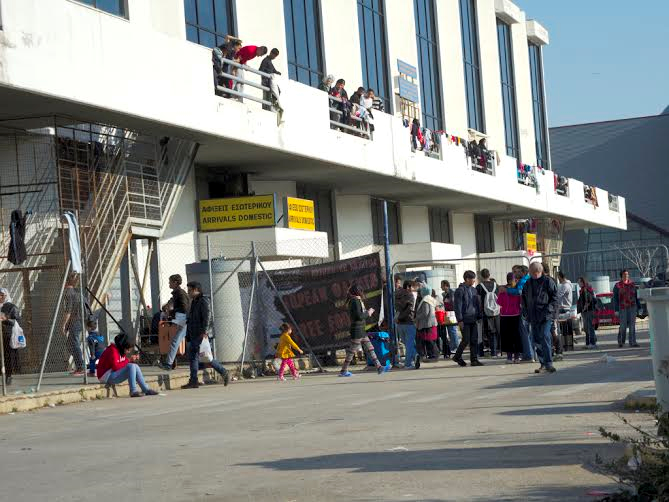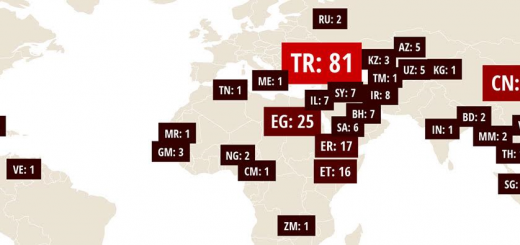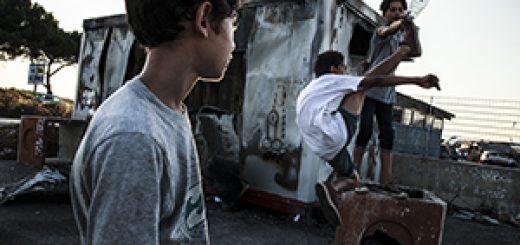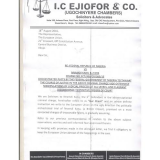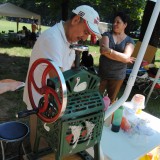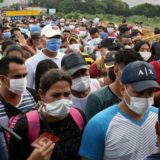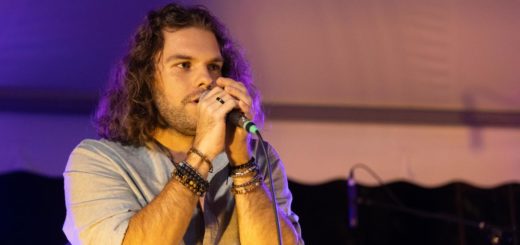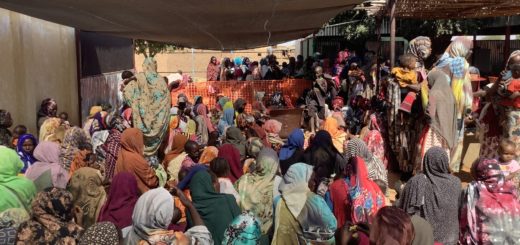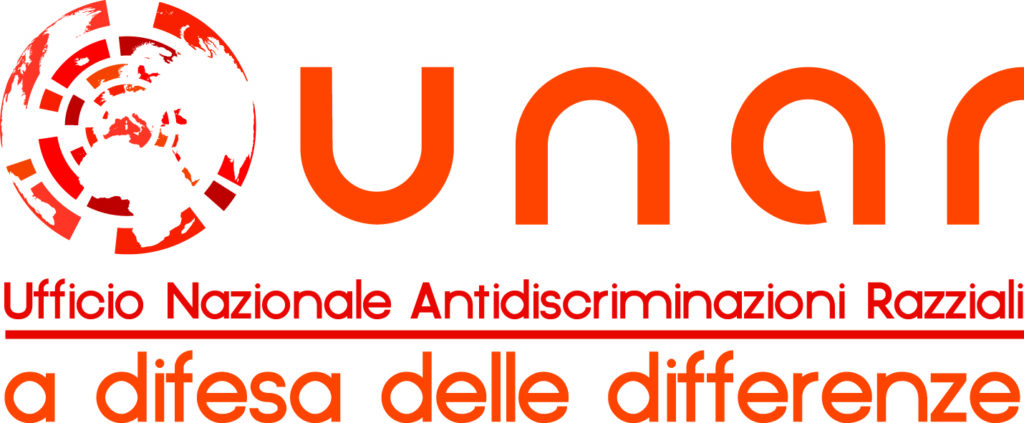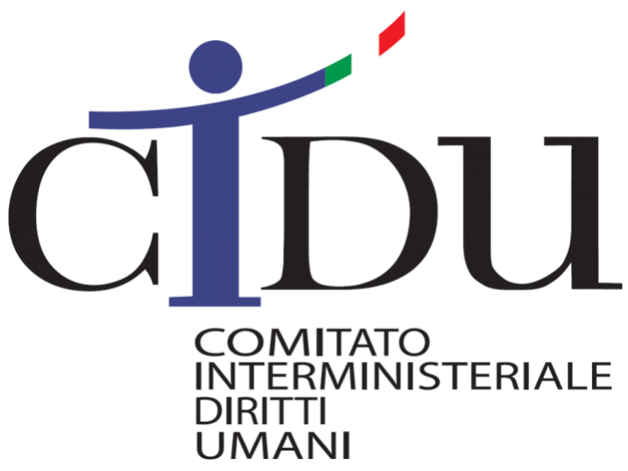“Hate crimes in Europe”: l’oggettivizzazione di un essere umano/The objectification of a human being
Ellinikon Airport Migrant Centre. Foto di Cinzia D’Ambrosi
di Cinzia D’Ambrosi
L’oggettivizzazione di un essere umano
L’oggettivizzazione dei profughi e il loro contenimento e’ diventato di norma. La crisi dei rifugiati sta diventando sempre piu’ una crisi di contenimento di un numero elevato di persone. Purtroppo queste aree urbane, ad uso di contenimento, si sono lentamente trasformate in hot spot e centri di detenzione. A causa di queste mura non avremo piu’ notizie di cio’ che accade se non da coloro che riusciranno ad accedere tramite un lavoro con le Ong ed organizzazioni caritatevoli e legali. Intanto l’ accesso a questi luoghi sta diventando sempre piu’ difficile.
Non so come sia riuscita ad entrare nel centro Ellinikon International Airpot, chiuso dal 2001. Volevo entrare per poter constatare le condizioni e sono riuscita a farlo con un ragazzo dell’Afghanistan che mi ha fatto svicolare dentro l’edificio. Ad ogni piano c’è una miriade di rifugiati che vivono in tende una accanto all’altra. La realta’ e’ devastante: non hanno accesso ad acqua per lavarsi. Alcuni non sono riusciti a lavarsi per settimane. Il cibo e’ scarso. Guardando il posto sembra che le persone siano rinchiuse in alti recinti di ferro; all’ interno vivono in tende o per terra su coperte date dall’ UNHCR. Non c’e’ posto tra una tenda e l’altra: dormire, mangiare e vivere in infinite file di umanita’. Coloro che hanno ricevuto una tenda o per mancanza di spazio nell’edificio, dormono fuori, all’aperto.
Il loro numero sta aumentando ogni giorno perchè molti tornano dai confini chiusi di Idomeni
The objectification of a human being
The objectification of people and their containment in large disused spaces are becoming the norm. The refugee crisis is unfortunately becoming more and more about ways to contain the large number of people seeking shelter and protection. These are slowly being transformed into hot spots and detention centres. Beyond these walls, we would not know much but news provided by NGOs and charities given permission to enter. In between these changes, access to open camps are becoming more difficult. I am not sure how I managed to access entry in Ellinikon International Airiport in Athens. I wanted so much to enter and witness the state of things, and I was just lucky to enter (or unlucky to see). One boy from Afghanistan led my way through the airport, which it has been closed down since 2001 and now the home of hundreds of families. The reality is sad and devastating. The worst part is that looking from the outside people seem to be fenced in. It is disturbing to see. Unfortunately, being able to have a shower is not possible. Families with children have begged for water to wash. A few lucky ones have been able to wash by the generosity of Greek people opening their homes to them. So in areas indoor people rest and live on a blanket given by the UNHCR. There is no space between a blanket to another. Sleeping, eating, living in endless rows of humanity. Those that have been given a tent, sleep outdoor. Their number is increasing by the day as many are returning from Idomeni closed border.

